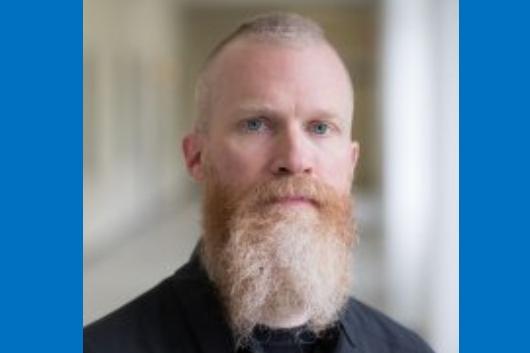Computational & Theoretical Neuroscience Meeting

Chris Henry,PhD (Albert Einstein College of Medicine) will present "Crowding alters feature encoding in macaque visual cortex."
Partial Abstract: We are good at judging the visual features of objects in peripheral vision when they are viewed in isolation. However, when these same objects are surrounded by adjacent stimuli in the visual field, local feature discrimination is often impaired. This phenomenon, known as visual crowding, has been extensively studied at the behavioral level in humans, revealing many factors that affect feature perception. In contrast, little is known at a mechanistic level about how crowding affects the activity of single neurons or populations of neurons at distinct stages of the visual system, which together ultimately give rise to these altered sensory percepts.
We studied crowding behaviorally and neurophysiologically in macaque monkeys, an excellent animal model of the human visual system. Animals were trained to perform a fine orientation discrimination task for peripheral targets. Overall, monkeys exhibited strong perceptual crowding; effect size and error patterns were similar to those of human observers.






